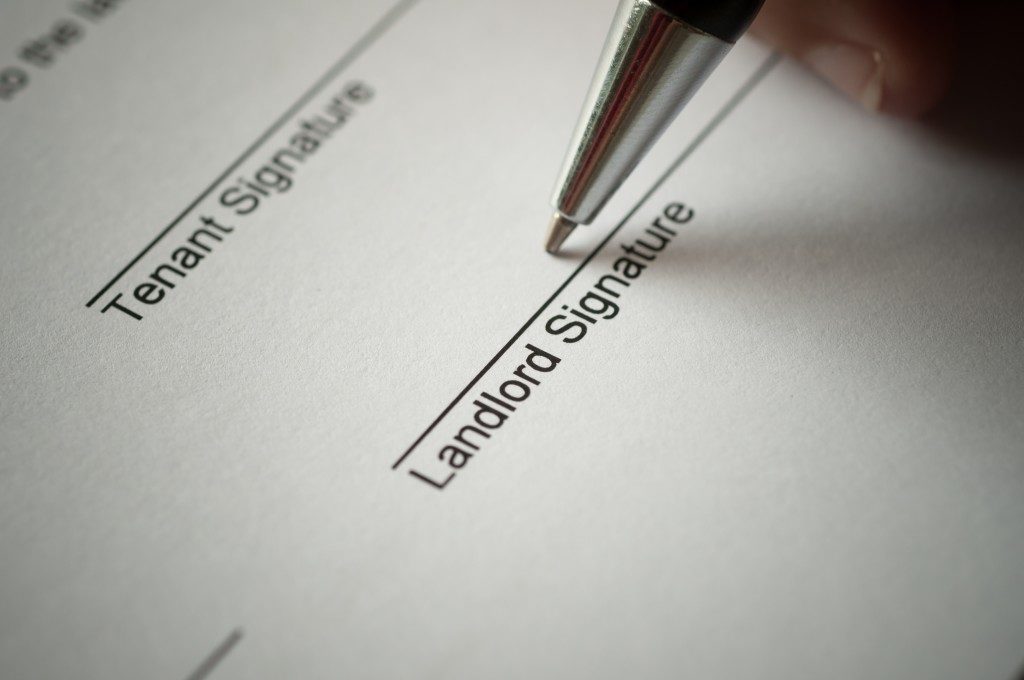Becoming a Landlord: What You Need to Know

It’s going to be a two-year assignment. Your company has already made arrangements with real estate agents to look for your accommodation in Putney, London, where you are going to be based. It’s a bit sudden. The business has taken a different turn, and they need you to run point on the recently started branch in the UK.
It was something you were half-expecting but didn’t know that would happen so soon. You have just over a month to prepare and tie loose ends this side of the Atlantic. One of your primary concern is your house, and your plan to renovate the basement and turn it into an income property. Now you need to fast track your efforts. How do you go about it? What does being a landlord entail?
Of Landlords and Renters
The estimate is that there are more than 23 million landlortds in America matched against nearly 113 million renters or tenants.
The average rent has soared since the housing market crashed 11 years ago, with the median rate pegged at more than $1,400 per month. This looks like a pretty good indicator, which can turn your basement to a true income property.
The Cost and ROI
You would, of course, invest in renovating your basement for it to be a good place for renting out. Keep in mind that you need to attract the best people who could or should be your tenant for a long time. This will avoid headaches of quick tenant turnover.
On the low end, the average renovation would go for $10,000, and if you go premium, it could go upwards of $50,000. Given the median rate of renting, and mid-range to the upper range investing, you’re looking at a return on investment of between 11 months to 36 months. Note that the high range is a full-blown renovation with kitchen, toilet, and bath coming from a bare basement.
Doing It

If you’re doing it, know that this endeavor is a serious business and that there’s significant work involve. Here are the things you need to keep in mind when becoming a landlord:
- It’s business. Treat it as such. If you’re putting up an ice cream parlor, you’ll draw up a business plan. It’s the same thing about being a landlord. You need to know how the market and the competition is behaving. You need to monitor your property for repairs. You need to make sure that it’s listed.
- The Contract of Lease. Understand this document carefully. It’s a legal document where the rights and responsibilities of two parties—the landlord and the tenant—are clearly defined. It is best to seek the help of a legal expert when drafting this document. In general, you also need to be familiar with the laws governing the leasing of properties.
- Managing your property. You’ll have to get down and dirty and fix the broken sink if you’re the DIY type. You can also have on-call, professionals who can do these types of jobs. The point is you need to be ready to provide this assistance to your tenant. There are property management companies that you can hire to take care of everything. But they will receive a cut from your profit.
- Aim for long term happiness. You don’t want to change tenants every year. Screen applicants, who you think would be renting out for at least two or more years. Your biggest enemy and the costliest is a vacancy. Maintain your property thoroughly to keep your tenants happy.
This is a compressed list, but it’s something that will get you over the hump of not knowing anything.




